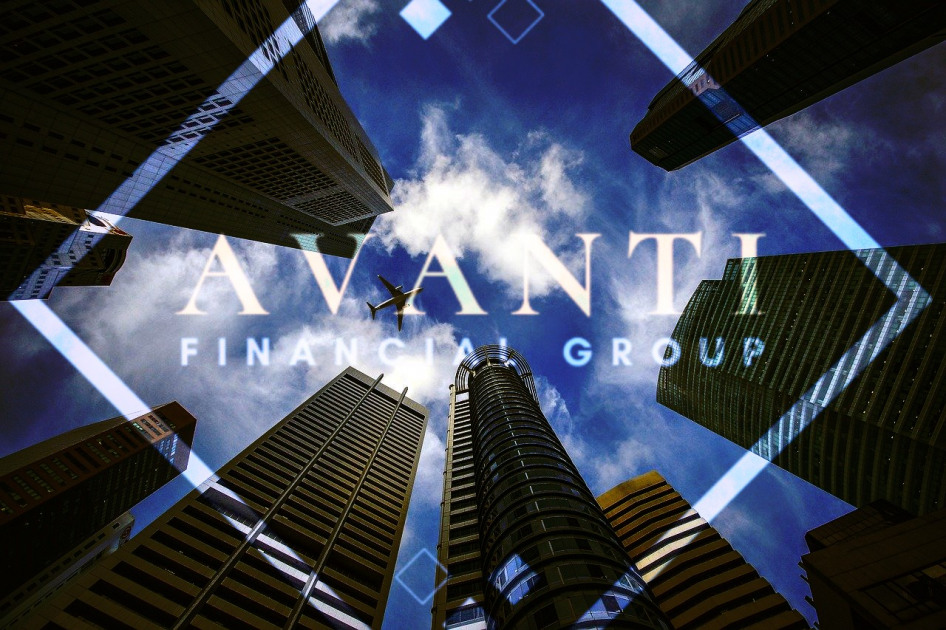Well-known cryptocurrency supporter and co-founder of Wyoming Blockchain Coalition, Caitlin Long announced the development of a new bank focused on providing regulated services in the field of digital currencies. The Blockstream technology company, known for its developments in the field of bitcoin, also takes part in the project.
Related: More than 40 German banks want to become Bitcoin custodians
A new company called Avanti was registered on January 6, having managed to get $1 million in seed investment to date.
1/ INTRODUCING AVANTI BANK, a new US #bank to serve #digitalasset industry, offering new products & svcs not currently available in USD mkts along w/ tech partner @Blockstream. #Wyoming-based. We’re preparing long process of charter application & aim to open early 2021. @AvantiBT pic.twitter.com/fpnN6qBBhW
— Caitlin Long 🔑 (@CaitlinLong_) February 24, 2020
The company will offer institutional investors the ability to make cryptocurrency payments, custodial services, as well as operations with digital securities.
Currently, the company is in the process of preparing an application for a permit to operate as a special purpose depository institution. Although the application itself has not yet been filed, Avanti is already working on eight products that are not available in the US market today. Of these, only one is known so far a custodial service for security tokens.
As Caitlin Long noted, because under US law, trust companies can't offer securities custody services, Avanti, acting as an SPDI, can ideally fill this gap.
The company also collaborates with Blockstream, which is going to act as a provider of apps, as well as other software and hardware, necessary for the secure storage of digital assets.
Trending: Dubai World Trade Center To Become a Crypto Hub and Regulator
Blockstream CEO, Adam Beck, in his comment to the Coindesk publication, said that using the Bitcoin sidechain developed by Liquid, Avanti will be able to create a “single window” for storing digital currencies, as well as create related APIs, both for transactions with a multi-signature system and between traditional banking networks.
Recall, that in December of last year, Blockstream, a leading provider of crypto and blockchain solutions, introduced a new version of the c-lightning solution, which took about ten months to develop. The update also implements support for payments in installments. You can read more about this here.






